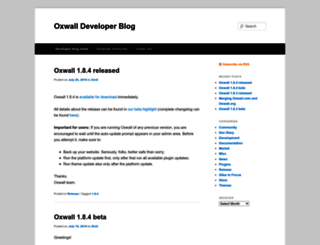
Put simply, the company has always been fishing with a net instead of a pole. “The company’s success in part is thanks to its network of partners, MSPs, who often include Fieldglass in their sales process. Staffing industry insiders claim that Shekhawat’s real claim to fame comes from making VMS more palatable to managed service providers and staffing firms. In 2011 the company experienced a 32 percent year-over-year revenue increase. And it wasn’t just because Fieldglass was the cloud computing pioneer. Fieldglass is the largest VMS provider, with spend of $21.5 billion for 159 customers in 2011, according to Staffing Industry Analysts’ 2012 VMS/MSP Competitive Landscape report.Ī global company headquartered in Chicago with 202 employees worldwide, it has earned the respect of its competitors and customers. And earlier this year, he was awarded Staffing Industry Analysts’ Peter Yessne award for his contributions to the industry.

Shekhawat, a master chess player, did get it right. Shekhawat, however, saw Fieldglass as a software-as-a-service application that helped suppliers better serve the buyer’s temp labor needs. Instead, folks viewed the acquisition of contingent labor as a procurement problem. The opening he saw? No VMS company was empowering the staffing supplier, he says. So what drew him to found a VMS company when it was hardly an original idea? “I saw the gaps,” says Shekhawat, a student of business models. It wasn’t just chutzpah that spurred Jai Shekhawat to start Fieldglass when there were already four well-known players in the vendor management system arena. See all articles How an entrepreneur partnered with suppliers to spread his high-tech vision Snack food company, staffing providers to pay contingents more than $2 million.Next-gen CW program: Making statement-of-work spend transparent.Tech heavyweights face more IC lawsuits.




 0 kommentar(er)
0 kommentar(er)
